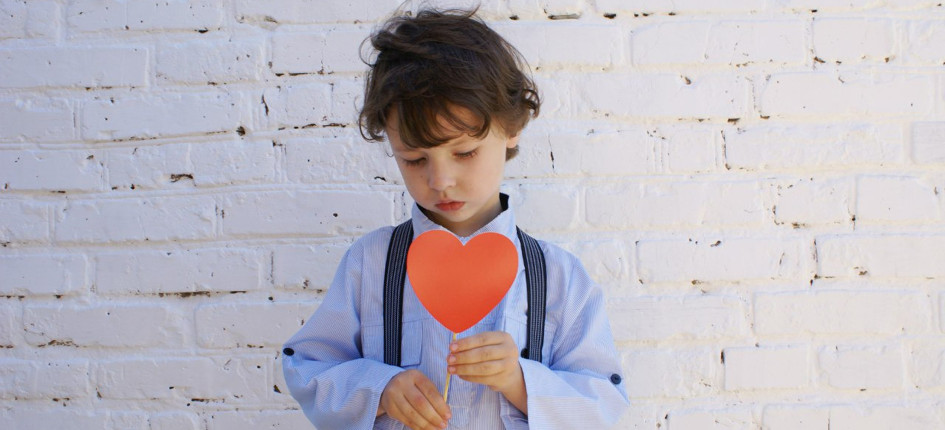
Mother’s Day is about celebrating mothers and all that they do for their families. Traditionally, kids are busy at school the week before, making crafts and cards. On Mother’s Day kids and parents plan for something special like breakfast in bed or keeping quiet so mom can sleep in! As you approach this weekend and prepare to celebrate, I wanted to reach out and offer a few words of encouragement for those who are dealing with the wide range of emotional experiences that this holiday can bring.
I have spoken with many adoptive parents who have said Mother’s Day can be one of the hardest days of the year for their family. It may not look or feel the same for you as it does for others. There is an aspect of Mother’s Day for adoptive families that can be difficult to understand and talk about – grief and loss. Expectations of family togetherness can lead to disappointment and discouragement when the feelings of hurt, sadness that come from loss are pushed to the surface. It can be a struggle for children to understanding these feelings and find the right words for them.
So, what does grief look like in children?
A child’s response to grief may be easily misunderstood when it presents as behavioural reactions or responses instead of fear and sadness. Do you see some of these behaviors leading up to special occasions or on day itself? (Keep in mind that behaviours will vary according to the child’s developmental age).
These behaviours can appear without an obvious trigger which is why it can be so difficult to recognize them as grief. When we see the fear and sadness that these behaviours are communicating we can draw our child close, comfort and help them find words for the most indescribable of losses. This kind of response requires thoughtful consideration and planning to meet your child’s needs. Here are a few practical ideas that may be helpful this Mother’s Day.
5 Practical Ideas for Adoptive Families
Sometimes the big moments that seem so hard and sad offer a window into your child’s experience and a reminder of the weight of grief they may be carrying. You may not see it often throughout the year, but it is there and needs to be explored with you. These are the moments that build secure attachment and lay a strong foundation for your child to continue to build strong healthy relationships across their lifespan.
If you are struggling to understand or respond to your child’s behaviours and emotions and need support, our clinical team is available for parent consultations and counselling. With the current COVID19 restrictions we are providing all services via Teletherapy.
Thinking of you,